Are you curious about the health benefits of wasabi peas? Well, you’re in luck! These little green snacks pack a punch when it comes to nutrition.
With protein, fiber, and essential nutrients like manganese and vitamin K, wasabi peas offer a range of potential advantages for your well-being.
However, it’s important to be aware of some downsides, too. Some commercial varieties may contain high levels of sodium or added sugar, which can be concerning for certain individuals.
So, let’s answer the question, Are Wasabi Peas Healthy? and dive into the facts to find out if these spicy treats are truly healthy for you!
Key Takeaways
- Wasabi peas contain protein, fiber, and important nutrients like manganese, thiamin, copper, and vitamin K.
- Wasabi peas can support healthy blood sugar levels and may lower the risk of diabetes and prediabetes due to their protein, fiber, and manganese content.
- Some commercial varieties may be high in sodium or added sugar, so it’s important to check the ingredients label for maximum benefits.
- Wasabi peas can trigger acid reflux or heartburn for some individuals, and those with green pea allergies or on a gluten-free diet should exercise caution.
How are Wasabi Peas Healthy: Nutritional Composition
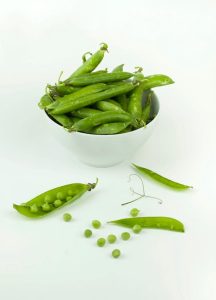

Wasabi peas are a good source of plant-based protein, fiber, and important nutrients such as manganese, thiamin, copper, and vitamin K. These nutritional components make wasabi peas a healthy snack option.
Protein is essential for supporting muscle growth and repair. Fiber aids in digestion and can help maintain a healthy weight. Manganese plays a role in metabolism and bone health, while thiamin supports energy production. Copper is involved in the formation of red blood cells, and vitamin K is important for blood clotting.
Including wasabi peas in your diet can provide these beneficial nutrients that contribute to overall health and well-being. It’s worth noting that the nutritional content of wasabi peas may vary depending on the brand and coating used. Some commercial varieties may be high in sodium or added sugar. Therefore, it’s important to check the ingredients label for maximum benefits.
Overall, wasabi peas offer a range of nutrients that can support your health goals. By enjoying them in moderation alongside a balanced diet, you can reap the nutritional benefits of wasabi peas without compromising your overall well-being.
Fiber and Digestive Health
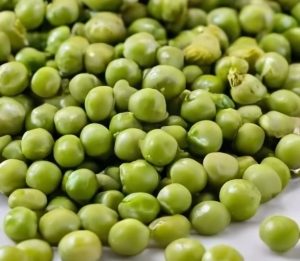

- Wasabi peas are a good source of dietary fiber, which plays a crucial role in keeping your digestive system healthy.
- Fiber adds bulk to your stool, making it easier to pass through the intestines and preventing constipation.
- It also helps regulate bowel movements by speeding up the transit time of waste through the digestive tract.
- By promoting regular bowel movements, fiber can prevent various digestive issues such as bloating, gas, and discomfort.
- Additionally, a high-fiber diet has been associated with a reduced risk of developing conditions like diverticulosis and hemorrhoids.
Incorporating wasabi peas into your diet can be an easy way to increase your fiber intake. However, it’s important to remember that they are a healthy snack if eaten in moderation.
Consuming excessive amounts of fiber without enough water can lead to potential side effects like abdominal cramping or diarrhea. Therefore, it’s recommended to gradually increase your fiber intake and drink plenty of fluids throughout the day.
Remember that everyone’s nutritional needs are different, so it’s always a good idea to consult with a healthcare professional or registered dietitian before making any major changes to your diet. They can provide personalized recommendations based on factors such as age, gender, activity level, and overall health status.
Antioxidant Properties of Wasabi Peas
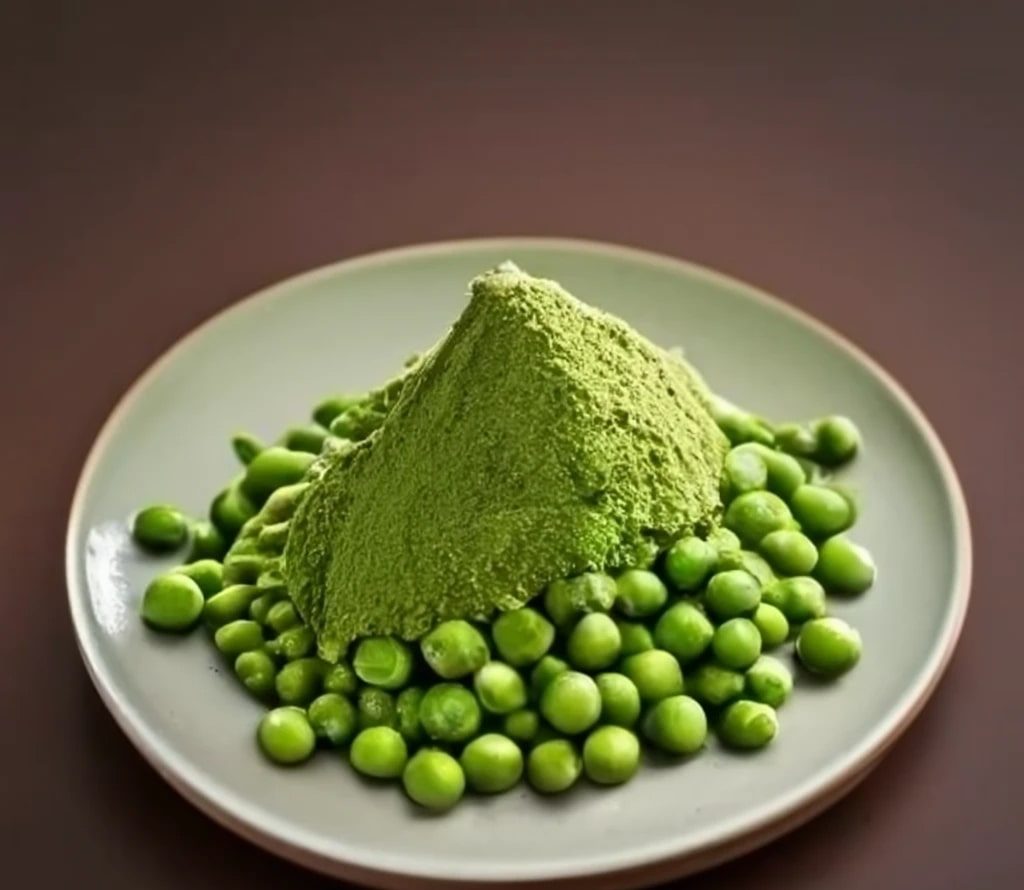

To maximize the benefits of including them in your diet, make sure to choose wasabi peas which have a rich array of antioxidants.
Antioxidants are compounds that help protect your cells from damage caused by harmful molecules called free radicals. Wasabi peas contain antioxidants, similar to those found in vegetables and fruits. These antioxidants play a crucial role in maintaining overall health and well-being.
The presence of antioxidants in wasabi peas can help prevent cell damage and reduce the risk of chronic diseases. These compounds work by neutralizing free radicals and preventing oxidative stress in the body. Including wasabi peas in your diet can increase your intake of these beneficial antioxidants.
In addition to their antioxidant properties, wasabi peas provide other essential nutrients. They offer six percent of the daily value (DV) of iron per serving, which helps prevent iron deficiency anemia. Iron is vital for carrying oxygen throughout the body and supporting optimal energy levels.
By choosing wasabi peas that are rich in antioxidants, you can enjoy not only their unique spicy flavor but also their potential health benefits. Incorporating these crunchy snacks into your balanced diet can contribute to a diverse array of nutrients that support overall health and well-being.
Remember to check the ingredients label when selecting wasabi pea brands, as some may contain high amounts of sodium or added sugars. It’s important to consume them in moderation as part of a healthy lifestyle. So go ahead and enjoy this flavorful snack while reaping its potential antioxidant benefits!
Spice Factor: Health Benefits of Wasabi Peas
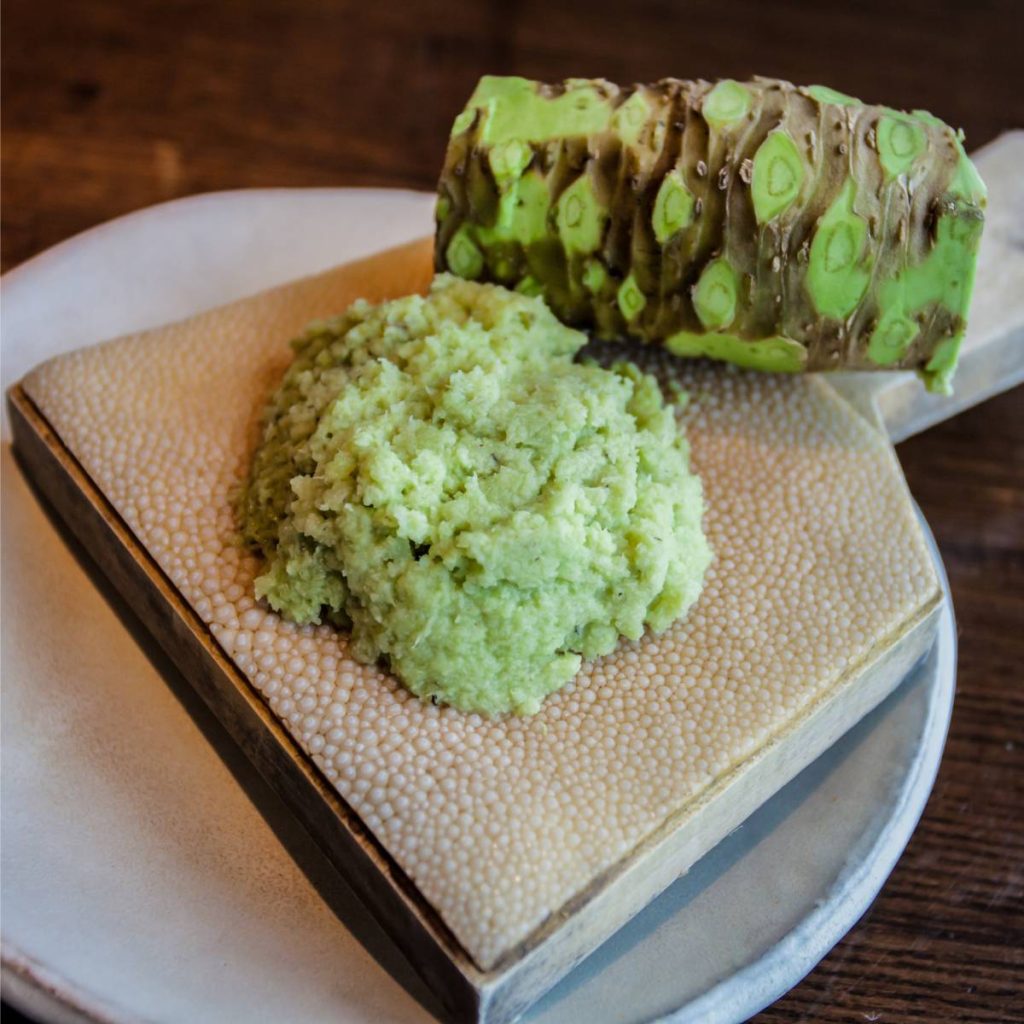

The spice in wasabi peas, known as allyl isothiocyanate, offers various health benefits for those who consume them.
- Allyl isothiocyanate has anti-inflammatory properties that may help reduce inflammation in the body.
- It also has antimicrobial properties that can help fight against harmful bacteria and prevent infections.
- The compound found in wasabi peas may have cancer-fighting effects due to its ability to inhibit the growth of cancer cells.
- Allyl isothiocyanate has been shown to improve cardiovascular health by reducing blood pressure and inhibiting platelet aggregation.
- Consuming wasabi peas may aid in digestion by stimulating the production of digestive enzymes and promoting healthy gut function.
Incorporating wasabi peas into a balanced diet can be a flavorful way to enjoy their health benefits. They can be enjoyed on their own as a snack or used as a crunchy addition to salads, trail mixes, stir-fries, or soups. Just remember to check the ingredients label for any added sugars or high sodium content.
Overall, while the spice factor of wasabi peas may not appeal to everyone’s taste buds, they do offer potential health benefits for those who enjoy their unique flavor profile.
Potential Health Concerns


One potential health concern is the high sodium content in some commercial varieties of wasabi peas. While wasabi peas can be a tasty and convenient snack option, it’s important to be mindful of their sodium levels. Some brands may add excessive amounts of salt to enhance the flavor, which can be problematic for individuals watching their sodium intake.
High sodium consumption has been linked to various health issues, including high blood pressure and an increased risk of heart disease. The American Heart Association recommends limiting daily sodium intake to no more than 2,300 milligrams for most adults. However, some individuals, such as those with hypertension or certain medical conditions, may need to restrict their intake even further.
To make healthier choices when buying wasabi peas, it is advisable to check the nutrition label and choose brands that have lower sodium content. Opting for unsalted or lightly salted varieties can help reduce your overall sodium intake while still enjoying the crunch and flavor of these snacks.
In addition to monitoring your sodium consumption from wasabi peas, it’s essential to maintain a balanced diet that includes a variety of nutrient-rich foods. Incorporating fresh fruits, vegetables, whole grains, lean proteins, and other healthy snacks into your daily meals can help support overall well-being.
Remember that moderation is key when consuming any type of snack food. Enjoying wasabi peas in appropriate portions as part of a balanced diet can still be a flavorful addition without compromising your health goals.
Conclusion
In conclusion, the health benefits of wasabi peas are notable, thanks to their protein, fiber, and essential nutrient content. Supporting healthy blood sugar levels and potentially lowering the risk of diabetes, these snacks offer a range of advantages. However, it’s crucial to be mindful of potential downsides, such as high sodium or added sugar in commercial varieties.
While wasabi peas can contribute to digestive health and provide antioxidant properties, individuals with certain conditions or allergies should exercise caution. Ultimately, enjoying them in moderation within a balanced diet ensures you reap the benefits without compromising overall well-being.
![S&B Prepared Wasabi in Tube 43g [ New Gluten Free ]](https://m.media-amazon.com/images/I/51bUPkiwW9L._SL500_.jpg) S&B Prepared Wasabi in Tube 43g [ New Gluten Free ]
S&B Prepared Wasabi in Tube 43g [ New Gluten Free ] S&B Prepared Wasabi in Tube brings the bold flavor of wasabi in a convenient gluten-free option. Weighing 43 grams and packaged in an easy-to-use tube, this offering from the trusted brand S&B elevates your culinary creations. Experience the distinctive kick of wasabi effortlessly. Spice up your dishes today with S&B Prepared Wasabi in Tube and transform your meals into flavorful delights!


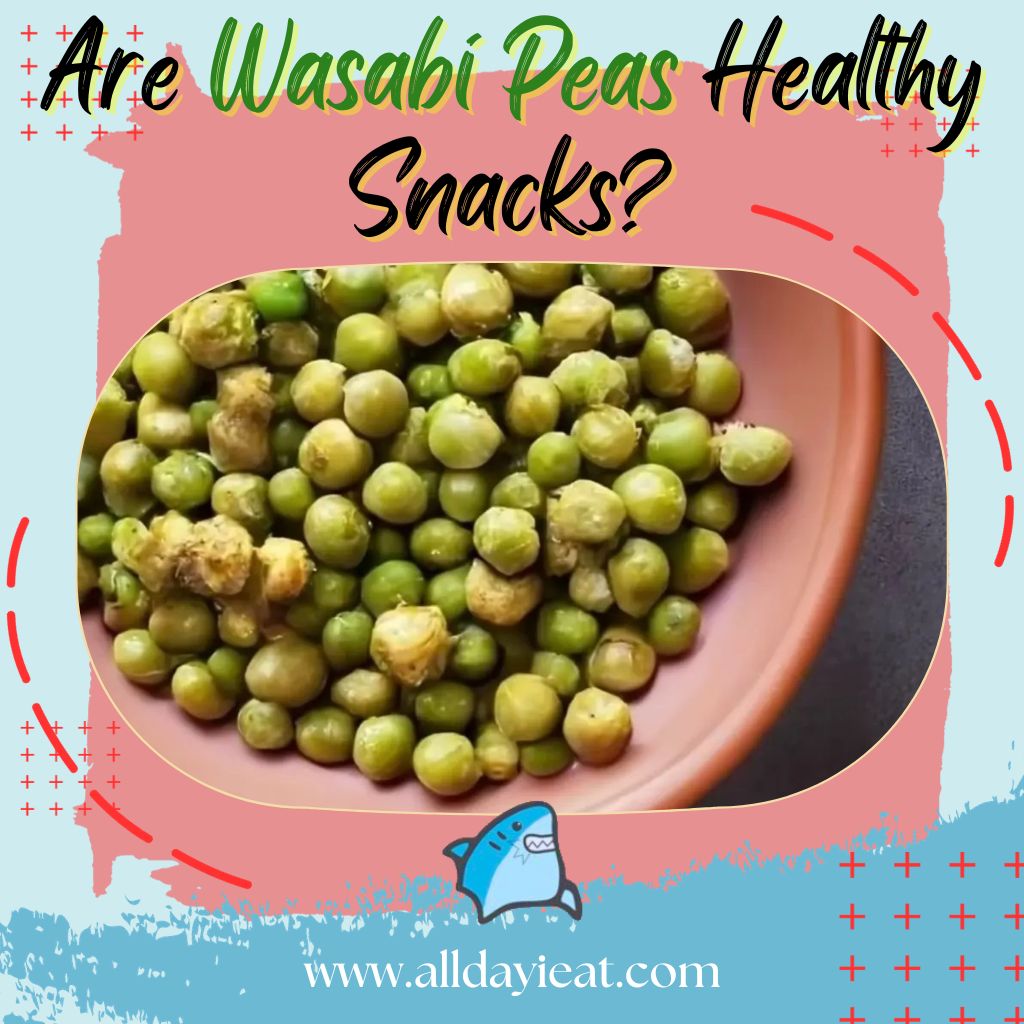


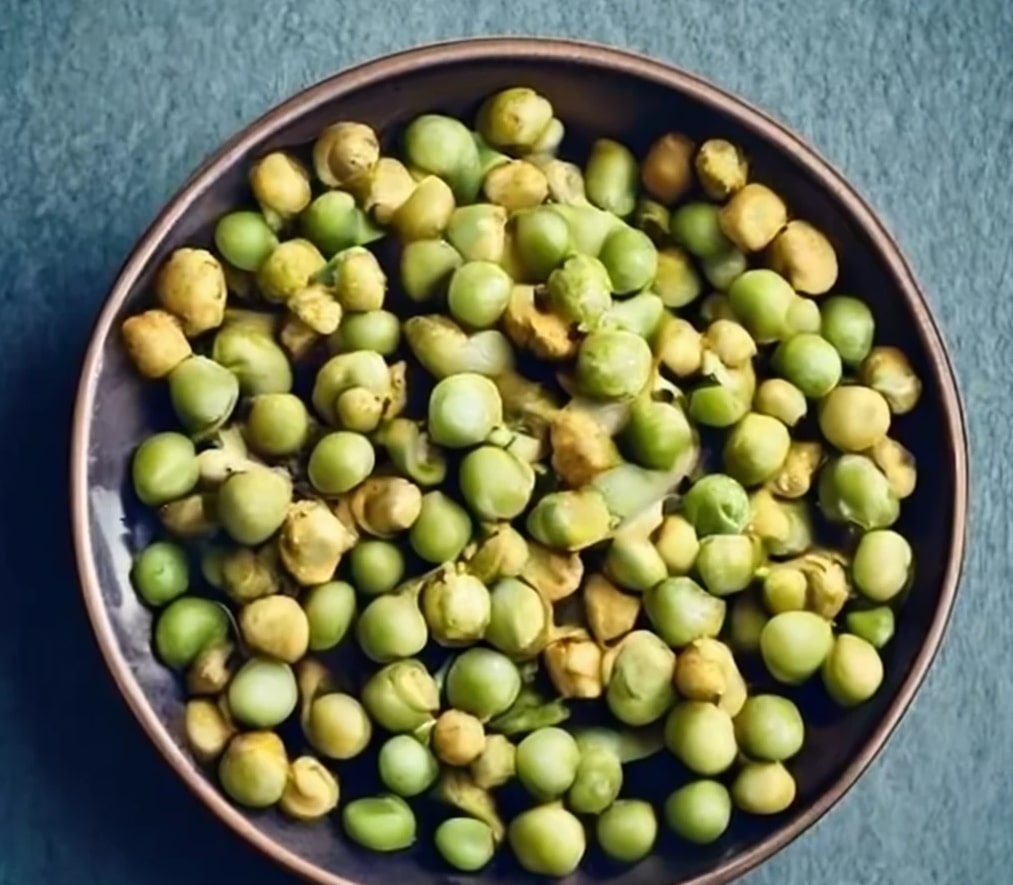
Konnichiwa! (Hello!) I'm Pat Tokuyama, a Japanese tofu cookbook author, who travels for music, food, and adventure. If you like Japanese tea, checkout some of the newestorganic japanese tea, matcha bowls and noren and more!
** Curious about the Plant Based Japanese Cooking Club? ** Learn more here!